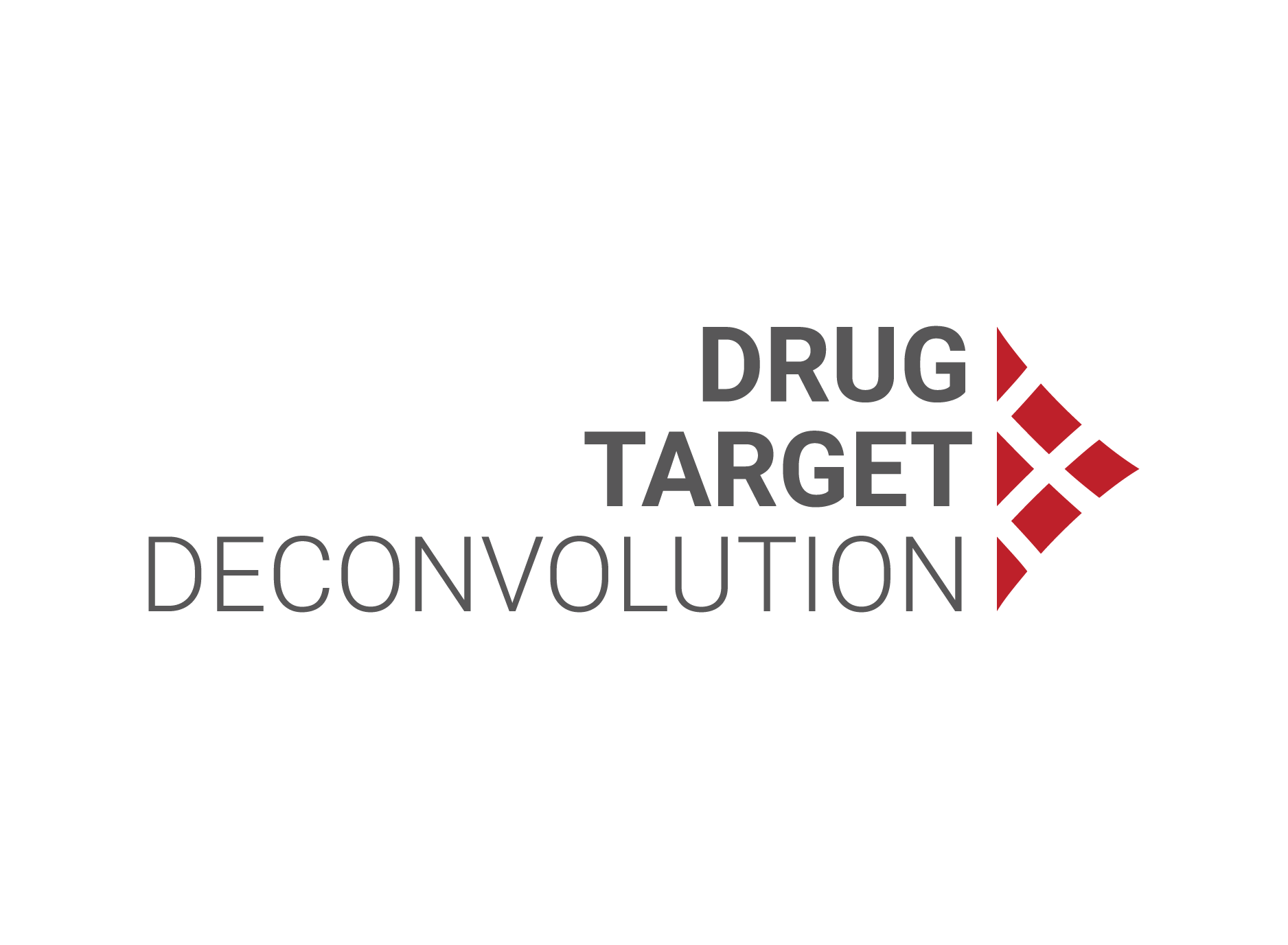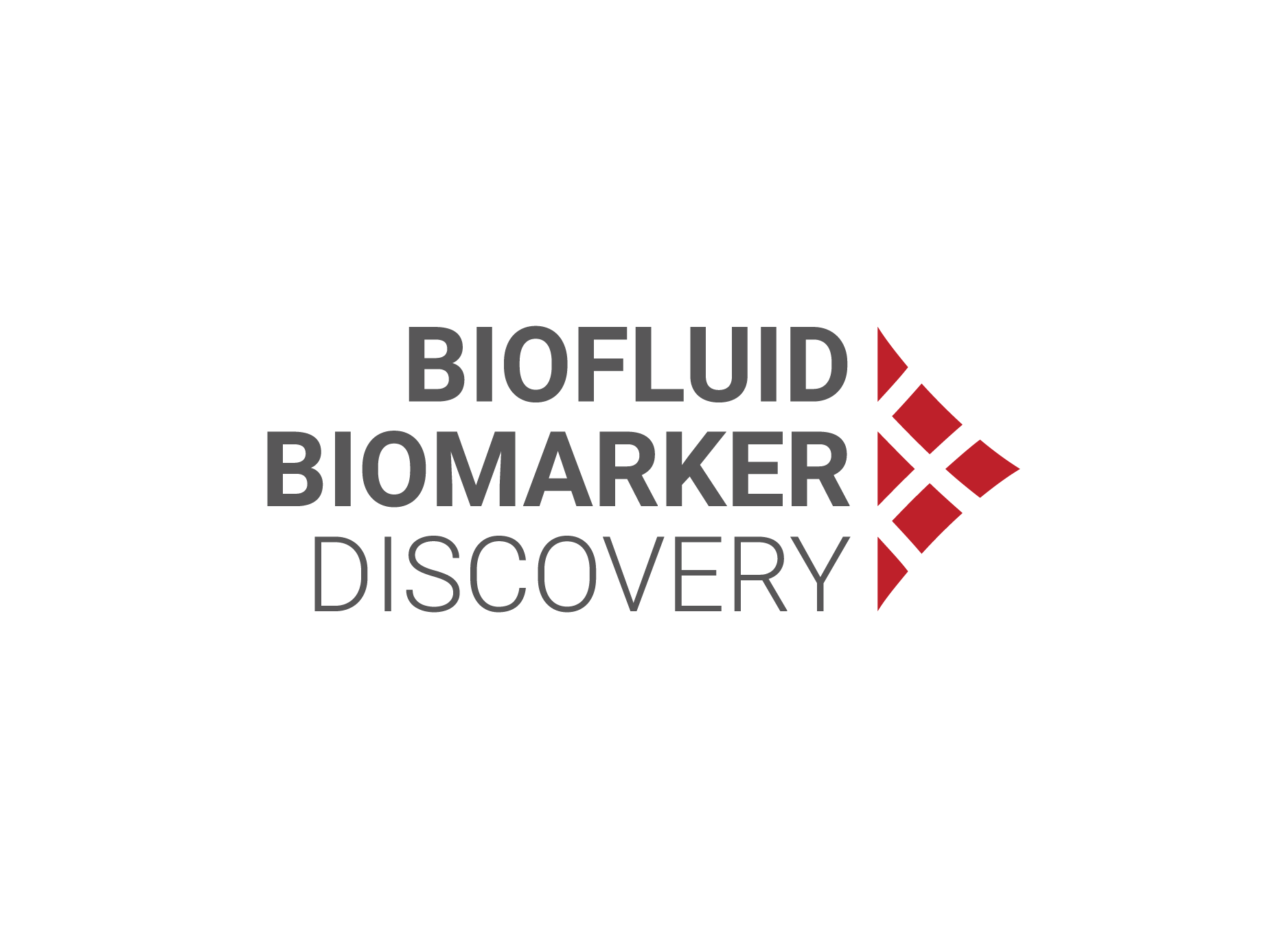Our proteomics solutions provide the versatility and quick delivery of results needed to inform go/no-go decision-making throughout the drug discovery process. Using Biognosys’s Discovery Proteomics workflows to generate functional data offers the opportunity to discover new pathways and targets, and to develop first-in-class therapeutics.
Small Molecule Target Deconvolution
Proteome-wide characterization of the binding specificity and selectivity of small molecules
Biognosys’ drug Target Deconvolution approach Limited Proteomics Mass Spectrometry (LiP-MS) can effectively identify protein drug targets and characterize their binding properties in complex proteomes without the need for compound modification or labeling.
In this specific example, LiP-MS was used to distinguish the specificity and selectivity of different kinase and phosphatase inhibitors.
The LiP technology is a very valuable tool to identify target and off-target of novel compounds whatever the organism and to support the process of target deconvolution in research. The interactions with Biognosys are very nice and fruitful. The team is engaged and responsive throughout the project.
Our mass spectrometry-based proteomics tools and techniques provide a flexible platform that works across all types of biological samples, species, and disease indications. This enables proteomics markers identified in cellbased and animal studies to be validated in the pre-clinical setting to increase confidence in your therapeutic approach, identify potential off-target interactions, side effects and improve chances of success in clinical trials.
Mechanism of Action
Profiling of the proteomic response to therapy in animal models
Proteomic profiling of tissue or tumor samples from animal models of disease reveals detailed information about the proteins and pathways involved in response to therapy.
For example, Biognosys’ Discovery Proteomics was used to investigate the role of immune cell depletion in the response to PD-1 blockade in syngeneic mouse models.
Our mass spectrometry workflows offer high-precision, quantitative proteomic data at unprecedented depth and reproducibility over thousands of samples taken at multiple timepoints. We are bringing Good Clinical Practice (GCP)-compliant workflows at our service facility in Switzerland, making proteomics the method of choice for large-scale translational and clinical studies.
These case studies show the benefit of proteomics to identify and measure novel biomarkers in samples ranging from biological fluids such as blood plasma/serum or urine to fresh frozen tissue and FFPE sections.
Tissue Biomarker Discovery
Global proteomic profiling of tumors to identify novel biomarkers
Biognosys’ proteomics workflows enable the identification of dysregulated proteins in disease, revealing deep insights into cancer biology and new biomarkers for further exploration.
Biognosys’ Discovery Proteomics approach was used to deeply characterize global tumor proteomes from melanoma FFPE sections to uncover proteins and pathways implicated in the disease, highlighting potential biomarkers associated with response after immunotherapy.
Blood-based Biomarker Discovery
Deep proteomics characterization of biofluids
Biognosys’ Discovery Proteomics approach offers a highly reproducible and scalable workflow for analyzing biofluids such as blood plasma or serum, making it the ideal choice for your biomarker research needs.
Our plasma/serum workflow enables robust and reproducible quantification of 600+ proteins in plasma or serum samples across large-scale studies. The use of our proprietary reference kit PQ500 enables the absolute quantification of up to 500 proteins in human plasma or serum.
For deeper profiling and exploration of lower abundant proteins, we have developed a workflow that depletes samples of the most abundant plasma proteins to reveal the less abundant informative molecules, allowing the quantification of 1’000+ proteins.
Browse the case studies below to see the power of our blood-based proteomics workflows to identify novel biomarkers associated with disease progression and response to therapy in lung cancer.
Large-scale Longitudinal Proteomics Studies in Plasma
Deep proteomics characterization of blood-based biomarkers
Comprehensive, high throughput profiling of the plasma proteome enables a holistic analysis of the health of an individual. In collaboration with Nestlé, Biognosys’ Discovery Proteomics was used in a large-scale plasma study of more than 1’500 samples collected over a longitudinal clinical study of weight loss. The analysis revealed biomarkers associated with obesity, cardiovascular and liver associated diseases, and diabetes.
Biomarker Discovery in Neurodegenerative Diseases
Global proteomic profiling of CSF to identify novel disease biomarkers
Progress in neurodegenerative conditions such as Alzheimer’s disease has been hindered by a lack of knowledge about the underlying biological processes and relevant biomarkers. By applying Biognosys’ Discovery Proteomics workflow, we deeply characterized the proteome of cerebral spinal fluid samples (CSF) of Alzheimer’s patients to identify proteins and pathways implicated in the progression of the disease.
Urine-based Biomarker Discovery in Fibrosis
Global Proteomics Profiling in Urine
There is an increasing need for the identification of non-invasive biomarkers that can reliably predict disease progression and treatment response in the clinical setting. Urine provides a valuable and underexplored source of proteomics biomarkers. In collaboration with Pliant Therapeutics, we used Biognosys’
Discovery Proteomics to profile urine from people with idiopathic pulmonary fibrosis, identifying a number of novel circulating proteins that can serve as biomarkers for monitoring progression and therapeutic response.





